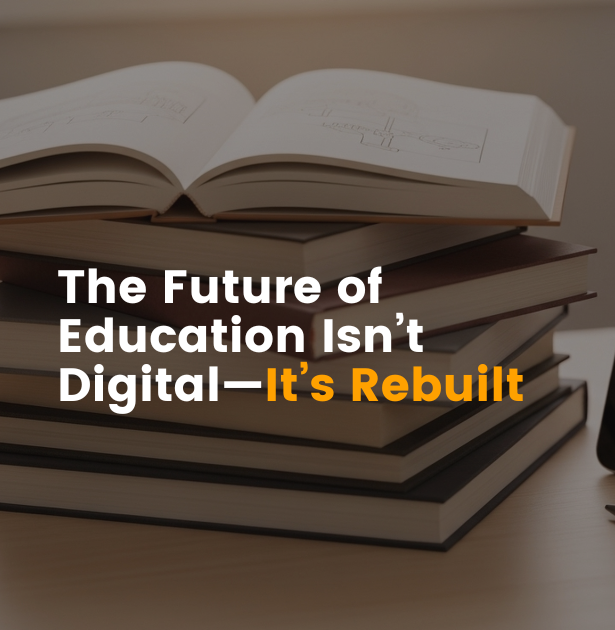According to the US Census Bureau, an average of 4 million businesses are started every year, and this number is set to increase year on year. Furthermore, small and medium-sized businesses in the UK had a combined turnover of £2.3 trillion in 2021 – that’s 52% of the private sector’s overall turnover. SMEs make up around 99% of all the businesses currently operating in the UK, employing millions of people – in short, they are the backbone of the UK economy.
So with small and medium-sized businesses playing an important part in UK and US economies, why aren’t school curriculums more focused on teaching entrepreneurship skills to students? The answer may lie in years of traditionalism being the norm, coupled with society’s failure to adapt and move with the speed that technology has. But now more than ever, it’s time for schools to start building a curriculum for the 21st century.
Small business owners are a vital part of our economy.
Despite small businesses playing a huge role in the UK and US economies, data shows that 4.7% of recent graduates are self-employed or freelance, with only 0.6% having actually started their own businesses. This compares with 8.7% of the general population who have started a business in the last three years.
The reason for this may be two-fold, often graduates aren’t taught the skills needed to start their own business, combined with a lack of experience to feel confident to start their own business. Of course, not every graduate wants to be a business owner, but education curricula at all levels should take into account that entrepreneurial skills benefit employees as well as founders.
To encourage more graduates to become business owners, we must equip them with the right skills they need to start their entrepreneurial journey, and this shouldn’t just start at university, but right from the early years of learning.
It’s not just about building entrepreneurs, but independent thinkers
As mentioned, curriculums that encourage entrepreneurial spirit and thinking not only benefit budding founders but also future employees too. Negotiation, strategy planning, persuasion, self-starting, goal-setting, and results-focused – to name a few – are all skills we see in top performers at work, so it’s important that these skills are being nurtured and cultivated in schools.
The best time to start is from an early age, giving students independent projects that focus on problem-solving current challenges, as well as group projects that encourage teamwork and people skills.
Not every student wants to focus on academia
Just as not every student wants to be an entrepreneur, not every student wants to be funnelled into an academic path either. This isn’t to say that students shouldn’t be taught about theories, models and subjects that are perceived to be more ‘academic’, but we need to ensure we’re not stifling students’ ambition and creativity. One way to do this is by showing students there is more to the world than aspiring to find a good grad job.
Academia and entrepreneurship aren’t mutually exclusive, either. Some students who have an interest in a more academic subject may feel they can solve a problem or challenge in a more effective way than what’s already out there. Entrepreneurship enables students to pursue and nurture those ways of thinking.
The system currently teaches children to follow, we need to teach them to lead
School is one of the biggest influences on secondary socialization. It’s where children learn to interact with each other, respect figures of authority and follow rules. We want children to be good and responsible citizens, but we also want them to challenge the status quo.
The current education system teaches children to follow and obey rules but taken too far these ways can stifle creativity and independence. We must start to create members of society who can think for themselves and change the norm. Teaching entrepreneurship skills and lessons can bring more colour and fun into education for children, as well as spearhead their development.
We are in an age of profound change and because of this our education systems require an update. Societies are changing, economies are becoming unstable, and technology is impacting the jobs market. The young people leaving education today are facing a very different world to those who left 50 years ago when job roles were linear and the advancement of technology wasn’t at a stage where machines could take on analytical and mechanical job roles.
Young adults need to have a wide-ranging skill set and an agile mindset and entrepreneurial teaching will enable them to not only get a job, but also create a job, if they should wish.












Leave a Reply